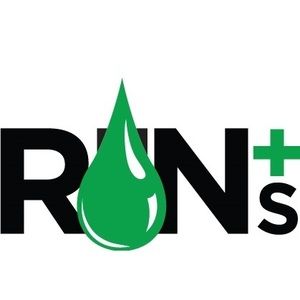EPA: 1.76 billion RINs generated in January

February 20, 2025
BY Erin Voegele
Advertisement
Advertisement
Related Stories
Sen. Chuck Grassley on Sept. 10 called the U.S. Treasury Department’s planned May 2026 release of proposed 45Z clean fuel production credit regulations “unacceptable” and stressed the importance of timely 45Z guidance to two Treasury nominees.
Worley has been awarded a contract by Preem for FEED verification for the planned conversion of the ICR plant at the Lysekil refinery in Sweden from conventional diesel production to the production of renewable diesel and SAF.
MAIRE announces that NEXTCHEM, through its subsidiary MyRechemical, has been awarded an engineering study contract by Altalto Ltd. based on its proprietary NX Circular gasification and NX CPO technologies for a SAF plant in the U.K.
The U.S. Department of Energy on Aug. 29 awarded funding to two SAF research projects, including a project that aims produce SAF from bio-derived methanol and a project that aims to use distillers grains with solubles (DGS) as a SAF feedstock.
More than 40 members of Congress on Sept. 9 sent a letter to U.S. EPA Administrator Lee Zeldin urging the agency to reduce proposed RFS RVOs for 2026 and 2027, block reallocation of SRE volumes, and scrap plans to boost domestic biofuel production.





